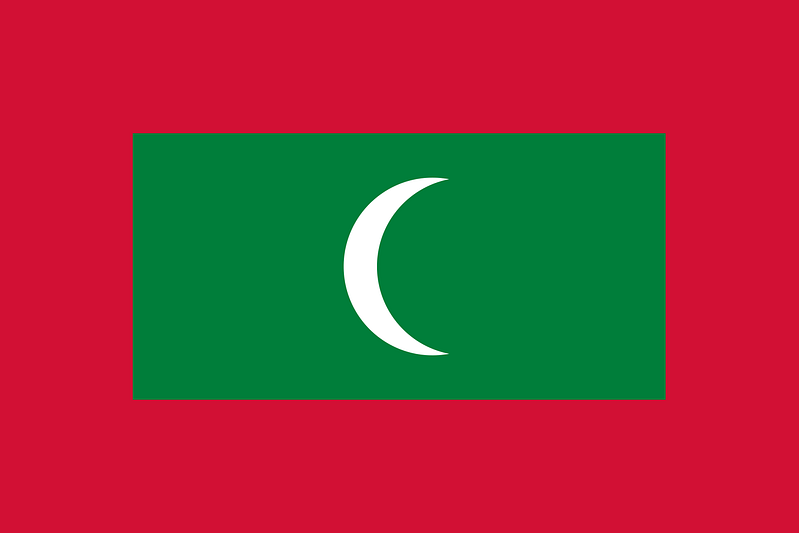This travel wiki page for the Maldives will guide travelers with quick and relevant information to consider when planning your holiday and visiting the country. It is difficult to find all the relevant information you need on culture, safety, things to do, and travel restrictions, so we summarize it all here. These data will be updated periodically, and if anything is stale or outdated, please reach out and let us know! So dive in and learn more high-level information as a Maldives trip planner!
Posted September 12, 2022 – Last updated May 5, 2024
Table of contents
National Information & Culture
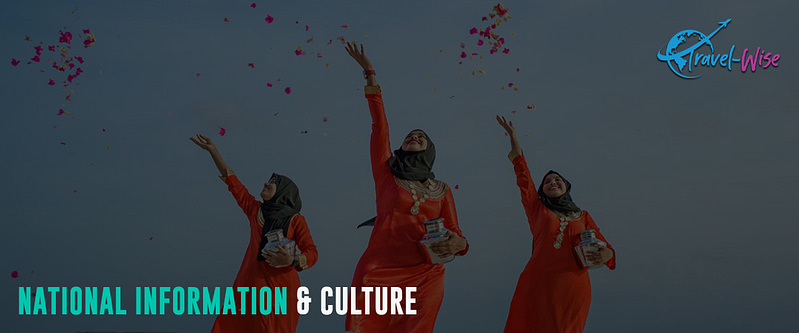
The Maldives, formerly the Maldive Islands and officially the Republic of Maldives, is a nation of islands in the Indian Ocean across the equator. Male is the country’s capital city, and the official currency is the Maldivian Rufiyaa (MVR).
Maldives is the smallest country in Asia, covering approximately 90,000 square kilometers, but only 3% (298 square kilometers) of that is dry land. Out of 1,192 coral islands grouped into a double chain of 26 atolls, only 200 are inhabited. Few resorts occupy each atoll, while some are for industry and agriculture. What mesmerizes the visitors is the unique geography. These coral reefs offer bands of color, tiny islands with pristine white sand beaches, and crystal clear shallow waters that one can imagine.
The beauty of the Maldives is not only found in their powdery white sand beaches. The country is also considered the melting pot of people and cultures due to its location. Although the Maldives mainly consists of islands and beaches, visitors should dress “modestly” outside the resort. Avoid showing some skin, and wear loose clothes covering your shoulders, elbows, and knees. The consumption of alcohol in a public place is taboo. But you can do so, in moderation, inside your resort. Couples should also avoid public displays of affection. Family is essential in the Maldivian culture, and sometimes, they condemn and even prosecute a premarital relationship. The Maldives is a Muslim-dominated country. Thus, visitors should be sensitive to religious and social traditions while traveling through the Maldives.
The Ministry of Tourism of the Maldives and Visit Maldives portals have helpful information, hints, tips, and recommendations worth reviewing before your trip.
Special Travel Considerations
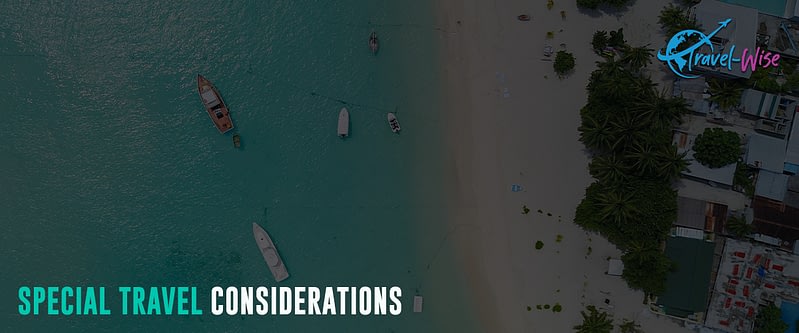
Each country and destination has rules and regulations that every traveler must consider. Hence, please consider the following factors for hassle-free travel to Maldives.
Travel Insurance
Travel insurance is not mandatory when entering Maldives. However, flight cancellations, emergencies, accidents, and other unforeseen events can happen anytime. Therefore, while not required, it is always advisable to get travel insurance that covers emergency medical treatment, including COVID-19, repatriation, and evacuation. Travel insurance can protect you against the inconvenience of injury, medical emergencies, theft, and flight cancellations. In addition, it is comprehensive protection in case anything goes wrong with your trip.
Covid-19 Policy
As of June 27, 2022, Maldives has relaxed its COVID-19 restrictions. Travelers do not need to present vaccination certificates, negative COVID-19 test results, or quarantine upon arrival. However, arriving passengers who show COVID-19 symptoms must take the test. Also, expect periodic random testing from arrivals as part of the country’s health surveillance.
Passengers traveling to/from the Maldives should also fill out the Traveller Health Declaration form within 24 hours of the flight.
Visa Information
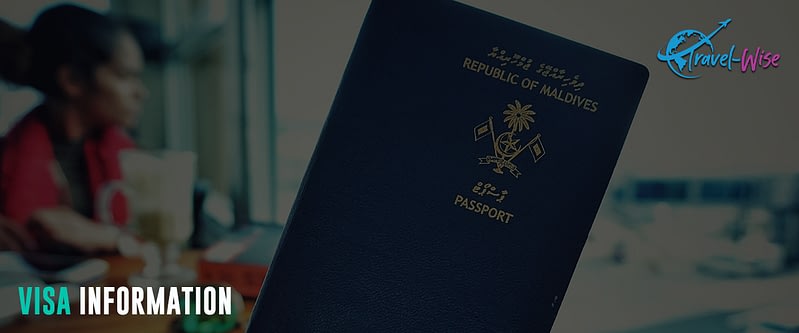
The government of Maldives grants FREE 30-day visas on arrival for all tourists, which can extend for long-staying visitors. However, tourists also need a confirmed reservation at a registered tourist facility (hotel and resort), an onward/return ticket, and sufficient funds for their stay.
Tourists can also enter the country with a passport validity of at least one month from the expected departure date. But as a standard policy, it is highly recommended always to have at least a 6-month valid passport whenever you travel anywhere.
Popular Attractions
The Maldives is relatively famous in travel for its pristine white sand beaches. Popular attractions include water activities, a few natural attractions, and cultural interests.
Water Activities
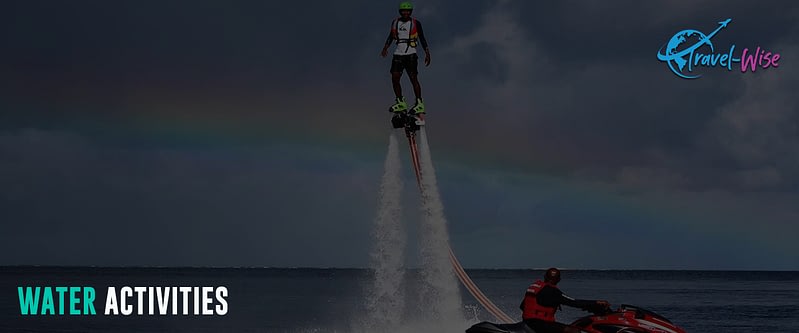
Scuba diving, snorkeling, fishing, and surfing are irresistible in the Maldives. The crystal clear waters feel inviting to dive and splurge. The North Male Atoll and Huvadhoo Atoll are must-visits for surfing because of their excellent waves. Maldives dive sites are a paradise for divers and snorkelers. The country is world-famous for its colorful coral, atolls, clear water, and tropical fish.
Natural Attractions
Baa Atoll Biosphere Reserve
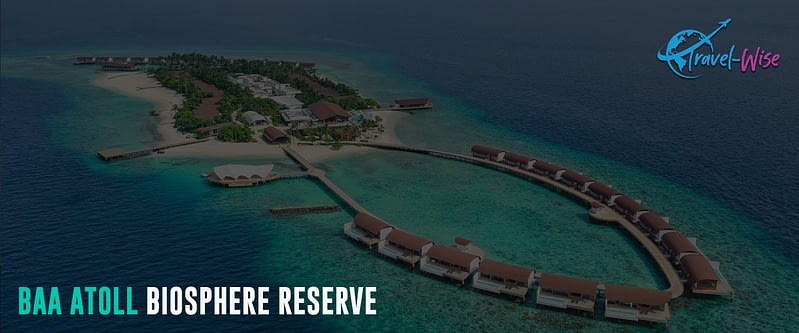
Baa Atoll Biosphere Reserve is considered globally significant in terms of its biodiversity. It is a habitat that supports the atoll’s rich biodiversity, including coral reefs, islands, seagrass beds, and mangroves. Hanifaru Bay highlights Baa Atoll’s biodiversity, attracting numerous visitors every year. This tiny bay east of the atoll often witnesses the largest gathering of manta rays anywhere in the world.
Addu Nature Park
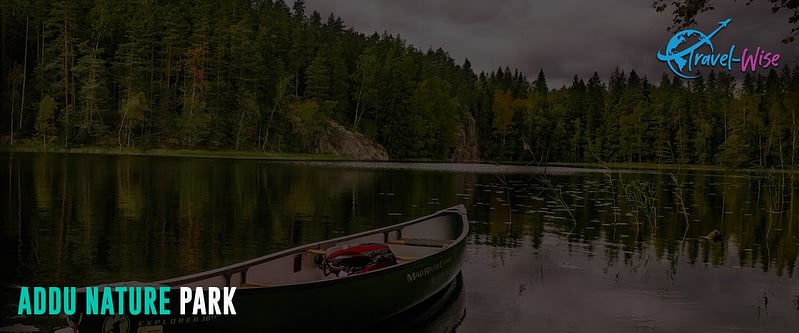
The Addu Nature Park is in Addu Atoll and hosts the second-largest wetlands area in the Maldives. It encompasses the beautiful Eydhigali Kilhi wetlands and the protected Koattey area on Hithadhoo Island. The park features a lovely pier extending out to the lakes and mangroves. It has scenic cycling routes through the lush vegetation of the wetlands. Tourists can take a guided nature tour through the park and observe the unique flora and fauna. Another activity in Addu Atoll is canoeing in the Bedhi Bay area. This place is famous for beautiful red mangroves, baby stingrays, and shark sightings.
Cultural Hotspots
Hukuru Miskiy & Munnaaru
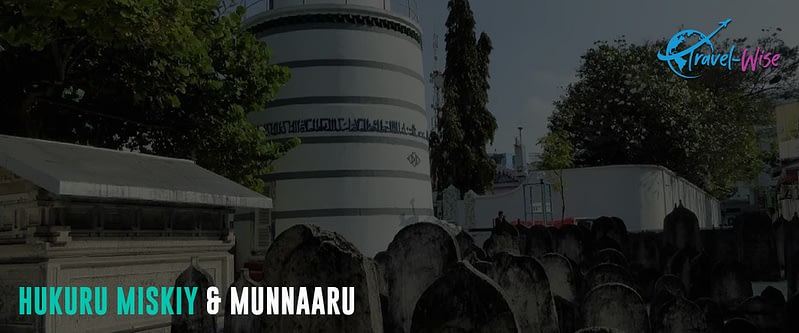
Hukuru Miskiy & Munnaaru, also known as the Old Friday Mosque in Malé City, are adjacent cultural hotspots. The Hukuru Miskiiy (1658) and the minaret (1675) adjacent to the mosque are the oldest structures in Malé. Hukuru Miskiiy has been the most revered center of worship for centuries. It is also of great cultural and historical significance and shows the skills of Maldivian artisans of the time. The mosque has interlocking coral blocks adorned with intricate carvings, a vaulted roof with cut corals, and decorative ceilings. Its interiors contain masterpieces of traditional Maldivian woodcarving and lacquer artwork.
Muleeaage
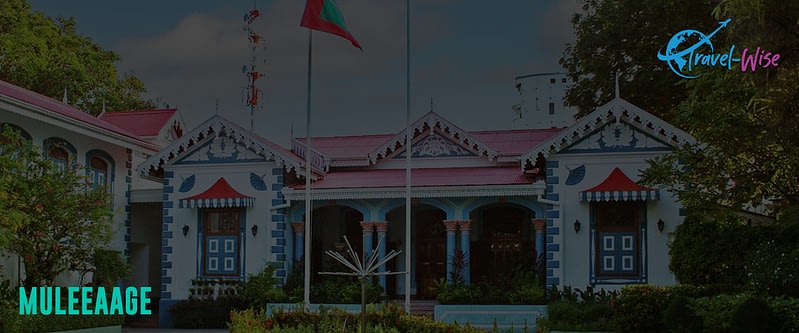
Muleeaage in Malé City is the official residence/palace of the president and a must-see on any Malé tour. The Palace was built from 1914 to 1919 and was the ancestral home of former Sultans and royalty. However, Muleeaage is said to have never served as a Sultan’s Palace.
Utheemu Ganduvaru
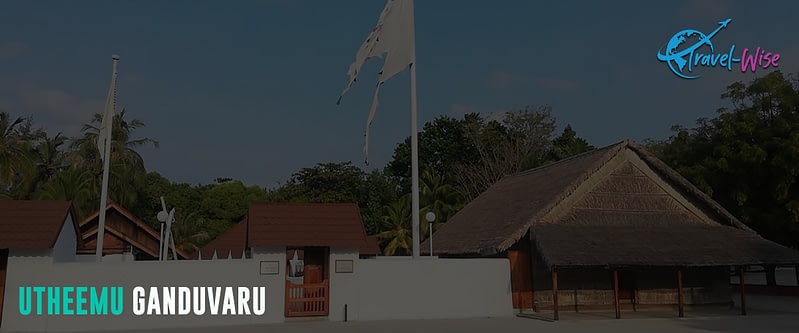
Utheemu Ganduvaru is the birthplace and home of Sultan Mohamed Thakurufaanu. He is Maldive’s national Hero who overthrew Portuguese occupants from the country in 1573. Utheemu Ganduvaru, or Utheemu Palace, is located in Utheemu in Haa Alifu Atoll, in the northernmost extremes of the Maldives.
Kaashidhoo Island is the site of Kuruhinna Tharaagandu, the ruins of an ancient Buddhist monastery. It was believed to be used in the pre-Islamic period during the 12th century. It is also one of the most significant archaeological sites in the Buddhist past. The excavation between 1996 and 1998 revealed the ruins of what would have been a sprawling monastery complex with multiple structures. The excavated site is around 1900 square kilometers, showing more than sixty coralstone structures. Archeologists believe it is a part of the whole complex nine hundred years ago.
Isdhoo Old Mosque & Isdhoo Loamaafaanu
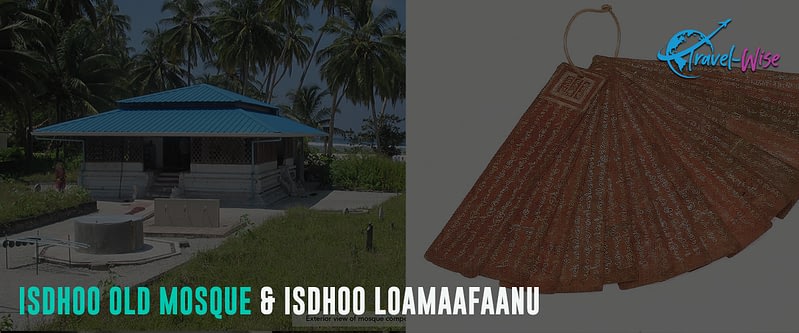
The Isdhoo Old Mosque is a historical site of great significance. It is where they found the Isdhoo Loamaafaanu, which contains the oldest records of the Maldives. The Loamaafaanu is the oldest copper-plate book in the Maldives to date. Moreover, Loamaafaanu was written in AD 1194 (590 AH) in the Evēla Dhivehi script, an old Dhivehi script that is no longer in use. The Isdhoo Old mosque, built in 1701 CE during the reign of Sultan Ali VII, continues its use as a mosque today. It is one of the finest surviving examples of a small coral-stone mosque. Maldivians believe the mosque was built from excessive materials left over after making the Malé Hukuru Miskiiy.
Primary Spoken Language(s)
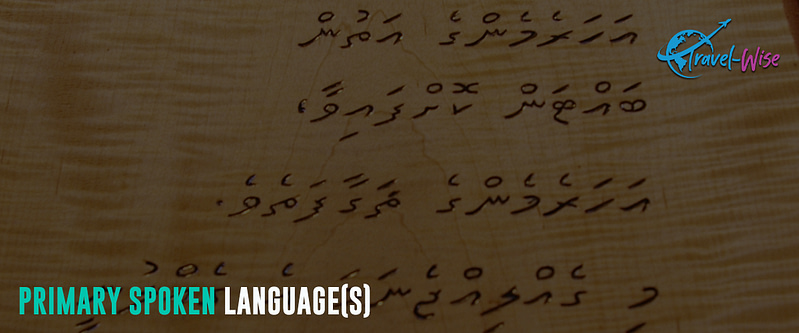
The Maldivian language is Dhivehi, an Indo-Aryan language originating in Sanskrit. However, tourists do not have to worry, as the locals widely speak English. The country even uses English as the medium of instruction at secondary and tertiary education levels.
Safety Concerns
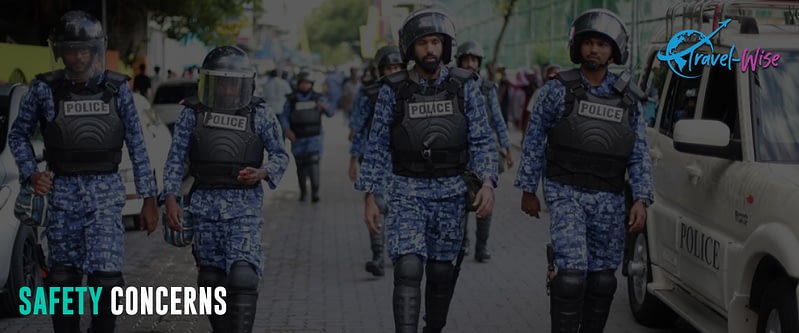
Maldives is a relatively safe destination for travelers despite the threat of terrorism and news of civil unrest. As of June 23, 2023, the US Department of State issued a Level 2 Travel Advisory for the Maldives. Hence, travelers are advised to take some safety precautions.
Political demonstrations and protests occur in the Maldives, especially in the capital city of Male. If this happens, exercise caution. Avoid protest areas, monitor developments through the local news, and follow the authorities’ instructions.
Like any other country, drug-related and gang-related crime does occur in the Maldives. In addition, petty crimes such as pickpocketing and theft happen, especially in public areas such as the beach. Therefore, be mindful of your surroundings and look after your belongings.
It also helps if you check the travel advisory released by your country for the Maldives before your trip.
Natural Hazard
Only 3% of the country is dry land, while 97% is water. The sea around the Maldives can sometimes be dangerous due to strong tidal currents. Thus, guests should always take local advice before entering the sea, as several drownings occur yearly. Also, take note of the monsoon season from mid-May to November, which may bring strong winds, rough seas, and torrential rain. Tsunamis can also occur. Hence, monitor weather updates and follow the advice of local authorities.
Local Laws
Maldives is a Muslim country, and it is illegal to publicly observe any religion other than Islam, which dictates laws that may not be obvious. It is also prohibited to import pornographic materials, alcohol, or pork products. However, alcohol and pork may be consumed on resort islands.
Due to the country’s conservative community, outward displays of affection are not tolerated. Moreover, travelers are advised to dress modestly in Male and non-resort islands. Notably, wearing a bikini is prohibited everywhere and is limited to the beach and resort areas. So, look for signposts/boards that indicate where swimwear is permitted.
Beware of buying tortoiseshell and coral souvenir products, as exporting them is illegal. Lastly, drone flying may be prohibited or banned. Hence, check with your resort before doing so.
Budget Considerations
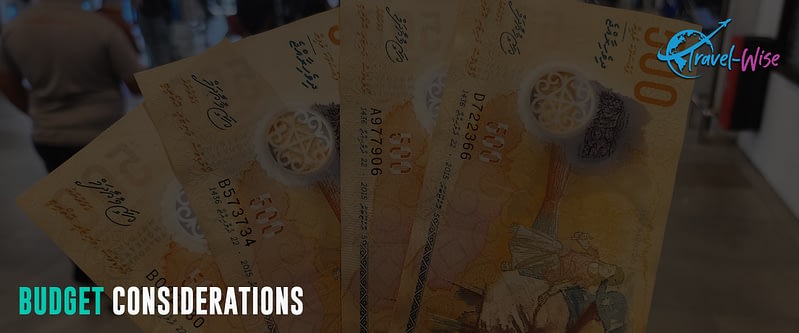
All types of travelers can visit the Maldives.
Accommodation
There are only a few hostels in Maldives, and most offer private rooms from $40 per night. Apartments and guesthouses are also common, starting at $70, depending on the location, amenities, and proximity to the beach. Free WiFi is standard, and some offer complimentary breakfast.
For comfort, travelers can stay at three-star hotels for $100 per night and four-star hotels for $150 per night. Meanwhile, five-star resorts and beachfront properties cost from $350 or an all-inclusive stay at $700 daily. High-end resorts also offer as high as 4,000 USD per night in an all-inclusive villa to as high as renting a private island for 1 million USD per night.
Food
Maldivian cuisine is often spicy and includes seafood, curries, fish soups, snacks, and breads. Typical dishes are mas huni, garudhiya, and masroshi.
In the Maldives, travelers can dine in cheap restaurants serving local foods for $6 or fast food combo meals for $10. Meanwhile, occasional dining in a nice restaurant will require you to allocate a budget of $15 for a three-course meal. These prices can double or triple in the resort and touristy areas.
Travelers who want to go grocery shopping and cook can expect to spend around $50 weekly on basic staples like rice, eggs, fresh produce, and meat.
Attraction and Transportation
Tourist activities in the Maldives are primarily on the beach. While access to the beach is generally free, visitors can spend more on watersports activities. For example, glass-bottom boating costs $30 for 30 minutes, stand-up paddling lessons at $40, underwater scooters for $180, and windsurfing at $100. Meanwhile, scuba diving ranges between $130 and $1000.
On the other hand, traveling by public transportation in Male ranges between $0.65 and $2, depending on the travel distance and type of transport.
Average Two-Week Cost
Budget travelers can explore the Maldives with a $70 daily budget or $980 for two weeks. This budget covers the costs of staying in hostels, taking public transportation, occasionally dining in cheap restaurants, and cooking most meals. On this budget, travelers mainly do free activities on the beach.
Meanwhile, travelers can comfortably stay in a 3-star hotel on a mid-range budget of $160 daily or $2240 in two weeks. The budget also includes dining out at local and mid-range restaurants, taking occasional taxis, and doing a few paid watersport activities.
Lastly, travelers can enjoy luxury in the Maldives for $450 daily to $6300 for two weeks. It includes staying in five-star resorts and beachfront properties, dining anywhere, vehicle rental, island hopping, and all the paid tours and activities they want. This rate is just the price floor as for them, the sky is the limit for travel.
Daily expenditures can vary according to your activities and meal preferences. Therefore, these figures only serve as your guide in planning your trip.
Customs And Import Restrictions
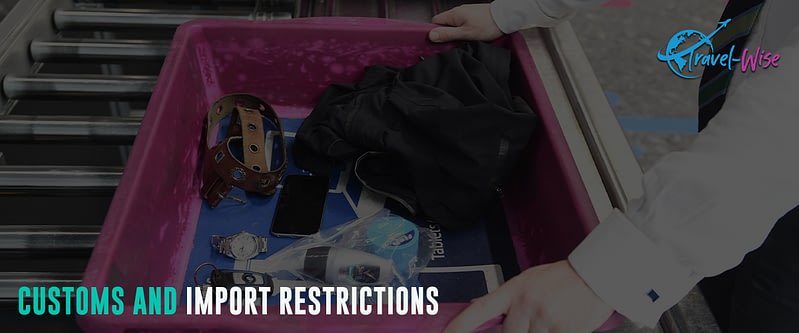
The country restricts the importation of alcohol, pork, and its by-products to the Maldives. It also prohibits the bringing of idols for worship and religious materials offensive to Islam. For the complete list of prohibited and restricted items for import, check here.
Climate Considerations
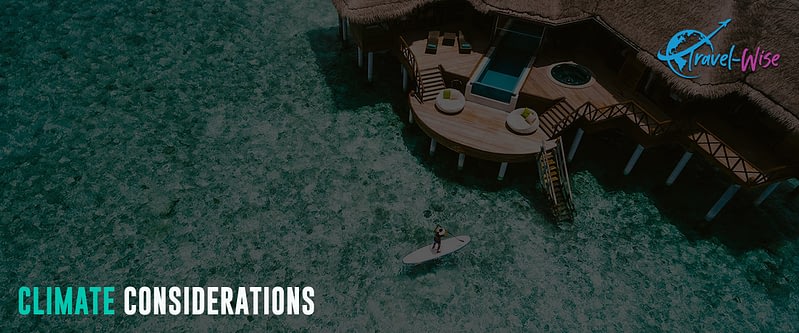
The Maldives’ location around the equator gives the country a hot tropical climate year-round. The average high temperature is 31.5 degrees Celsius, while the average low temperature is 26.4 degrees Celsius. The Southwest monsoon from May to October brings rain and heavy winds, and the Northeast monsoon from November to April is generally sunny, which makes it the best time to visit.
Thus, cotton clothes suit the hot tropical climate of the Maldives well. But always dress and behave modestly when visiting or staying on inhabited islands or outside your resort.
Primary Transportation Options
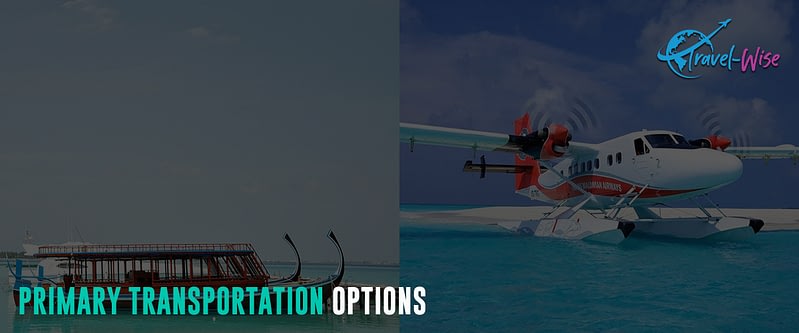
There are three main ways to travel between islands in Maldives: domestic flight, seaplane, or boat.
Air
The Maldives boasts 18 airports, with Velana International Airport (MLE) near the capital Malé being the primary international gateway. From here, travelers can connect to various domestic destinations. Maldivian, the national carrier, and Manta Air are the major players, offering reliable connections across the Maldives.
While seaplanes fly directly to the resort jetty and provide a scenic journey with breathtaking views, they can be pricier. Hence, domestic flights offer a more budget-friendly option, especially for longer distances.
Boat and Ferry
While seaplanes and speedboats are popular for resort transfers, the Maldives Transport and Contracting Company (MTCC) public ferries provide an affordable and authentic way to explore the local islands within the atolls. These ferries are used by both residents and tourists, making them an integral part of the country’s transportation system. Schedules can be limited; some routes operate only a few times a week. Also, note that ferries do not operate on Fridays for religious reasons. Hence, check the timetable and plan accordingly when in the Maldives.
Traveling by ferry is cheaper than speedboats and seaplanes but takes longer. Fares start at $1.65.
Bus
While not the most extensive network, buses offer a local and affordable way to get around the Maldives, particularly within the Malé region. The Maldives Transport and Contracting Company (MTCC) operates the public bus network under the Raajje Transport Link brand. These buses connect Malé with neighboring islands like Hulhumalé, with fares starting at around $0.20 for a single journey. For planning and convenience, travelers can check bus routes and fares.
Taxi
Taxis are available only in the capital cities of Male and Hulhumale. Travelers can take a taxi from the airport to their next destination. However, taxis in the Maldives do not use taxi meters. So, negotiate the price before getting in to avoid surprises.
For convenience, Ava’s Ride, a local ride-hailing app in Maldives, allows travelers to book taxis and see fare estimates beforehand. It ensures transparency and avoids potential negotiation hassles.
Start Trip Planning
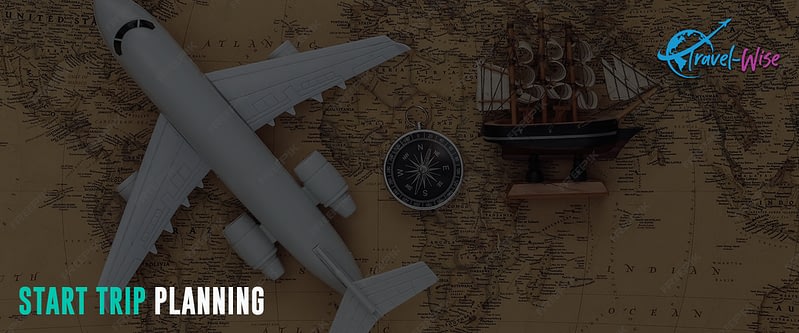
Travel-Wise is made from the ground up to help people travel more, break down the barriers that make it challenging to get going, and start your journey as painlessly as possible. Bookmark our other Country Guides to help kick-start your research for future travels. We also offer templated itineraries from our staff and community that help serve as a building block for your trip plans. Alternatively, we also utilize AI to offer a way to generate itinerary ideas. It saves much time just getting you up and running with a template. From there, you can use the trip planner to create your customized itinerary, invite friends and family for collaboration, find others from Travel-Wise to join the trip, book and track important information, journal, and share your experiences at the end or along the way!

